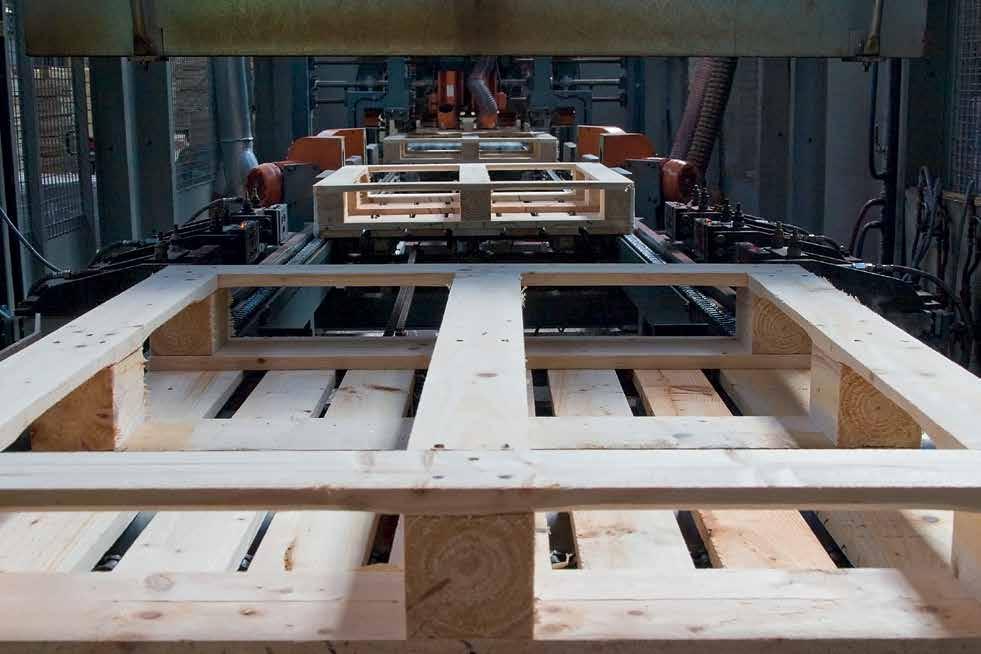EDITORIAL
An opportunity for change? STUART GOODALL CHIEF EXECUTIVE, CONFOR
T
his general election could mark a moment in time when things change fundamentally for the better. While the result isn’t yet known, the party manifestos for once make great reading from a forestry and timber perspective. Confor has built much stronger relationships with political parties, focusing on key messages linked to climate change: • Plant more trees • Bring more woodland into sustainable management • Support more use of wood. The growing clamour for tree planting has helped our case, but we’ve had to be clear this shouldn’t just be of ‘native’ trees and that we need planting at scale if ambitious targets are to be met. We’ve also made the link with producing wood so that carbon can be locked up and more energy intensive materials replaced. In that context, it’s great to see that parties are recognising the benefits of planting more trees specifically to produce wood.
The details of each party’s commitment is explained on page ?? While it’s not unknown for politicians to make election promises they then fail to deliver, we should see this as leading to a step change in planting in England and more planting in Scotland. I’m less confident in Wales, in the short term at least, and Northern Ireland will struggle without a government. What makes the difference is real political leadership of the type we’ve seen in Scotland with Fergus Ewing and a recognition by agencies that the status quo has to change. Land use change involves tradeoffs. I don’t expect carbon will trump everything, especially as environmental NGOs are successfully linking (and at times subverting) tackling climate change to action on ‘Nature’. However, we will be pushing regulators in England and Wales to accept that the climate emergency means the benefits of tree planting are significantly higher than previously – without that it will be a small step change and that simply isn’t good enough. www.confor.org.uk























